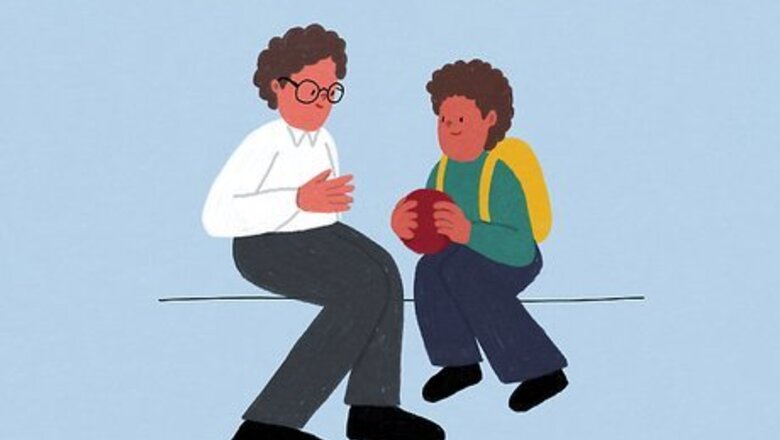
views
Here are 10 steps you can take to become a more understanding person.
Look past first impressions.
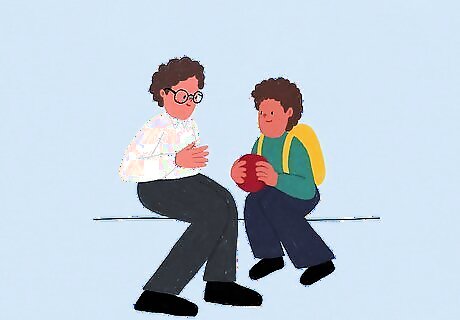
You only start to understand others when you spend quality time together. This isn't to say that first impressions aren't important. However, more often than not, people make their mind up completely about someone without enough information to do so. The first time you meet someone they may be frazzled or worried, giving off a wholly different impression than they would normally.
Put yourself in someone else’s position.
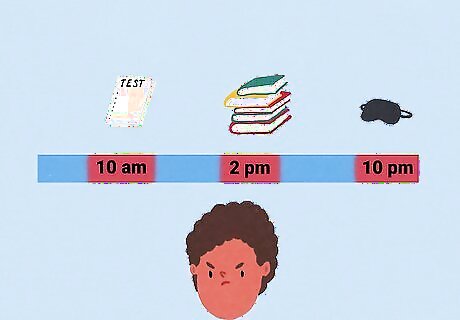
Change your perspective before rushing to judgment. Pretend you’re going through a day in the life of another person, whether it’s a friend, loved one, acquaintance, or someone else entirely. Think about every aspect of their daily life, and what their schedule is really like. A role-reversal can provide a lot of valuable perspective, and help you better understand another person. For instance, if your child or student is acting disrespectful, walk yourself through their daily schedule. They might be stressed because of their course load, or have trouble getting to bed at a consistent time each night. If your friend seems a bit closed-off, think about her daily routine. She might have had a tough day at work, or might be having a difficult time at home.
Use inclusive language.
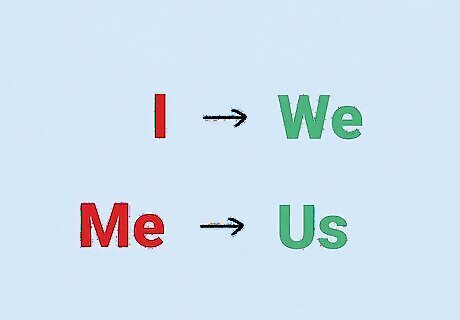
Say “we” and “us” instead of “I” and “me.” This may not seem like a huge change, but this small vocabulary shift can really make a difference. When you naturally include others in your language, you may have an easier time tuning in to how other people are thinking and feeling. For instance, when tackling a project at work or school, you might say, “Let’s figure out how we’re going to finish this” instead of “Here’s what I’m going to do.”
Ask questions.

Thoughtful questions show that you’d like to understand another person’s life better. Instead of jumping into your own story or statement, take plenty of time to listen and digest what the other person is saying. For example, instead of jumping into a story about how your day is going, ask the other person how their day is going instead. You can ask meaningful, empathetic questions to just about anyone, even if you aren’t that close with them. Questions or statements like “Long day, huh” or “Looks like you’re having a tough day” are a great way to get a conversation going.
Do a mental empathy exercise.
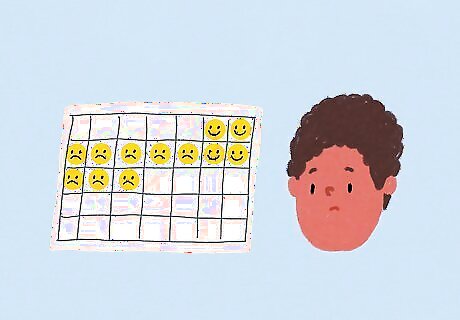
Keep tabs on your friends and loved ones. Think about their mood over the past few days, and if they’ve seemed a little less chipper than usual. Then, walk yourself through their daily life, and try to pinpoint anything that could make them feel anxious, sad, angry, or any other emotion. Ask yourself if you’re adding to the negativity in any way, and if there’s anything you can do to help. For instance, if your parent or guardian seems a little sad, you might offer to help around the home, or lend them a listening ear. Do this exercise whenever you’d like. It’s a great way to practice thinking with an empathetic mindset!
Read books.

Experts agree that reading books can improve your empathy. Think about it: when you read a book, be it fiction or nonfiction, you’re actually entering another person’s world. This gives you a great chance to really understand and mesh with that character’s feelings and experiences. A Lucky Man by Jamel Brinkley, Where the Dead Sit Talking by Brandon Tobson, and The Great Believers by Rebecca Makkah all explore experiences from different walks of life, and are great titles to check out. Nonfiction books like The Making of Asian America: A History by Erika Lee and Heartland: A Memoir of Working Hard and Being Broke in the Richest Country on Earth by Sarah Smarsh are other good options.
Listen to other people’s experiences.
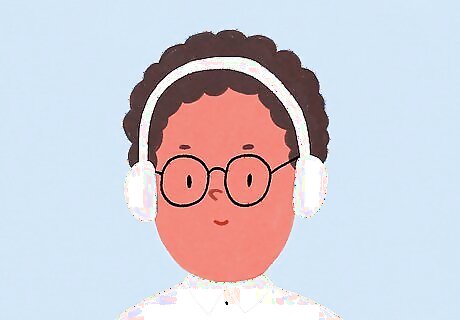
Documentaries and podcasts are great ways to expand your own horizons. Newspaper and magazine articles are also great ways to see and understand what other individuals and communities are going through. The New York Times runs an “Op-Docs” channel, which has lots of documentaries that discuss race. Documentaries like “Hale,” “Almost Sunrise,” and “Poor Kids” detail a lot of different life stories and experiences. Podcasts like “Code Switch,” “All My Relations,” and “1619 Podcast” also explore different experiences and walks of life.
Talk to new people.

Strike up a conversation with a colleague or stranger. If they seem interested, chat with them about their daily life and what their day-to-day routine is like. Honest conversations are great ways to learn and understand more about what’s going on around you. You might talk to a co-worker you don’t cross paths with very often, or say hi to a neighbor who lives down the street.
Follow new people on social media.
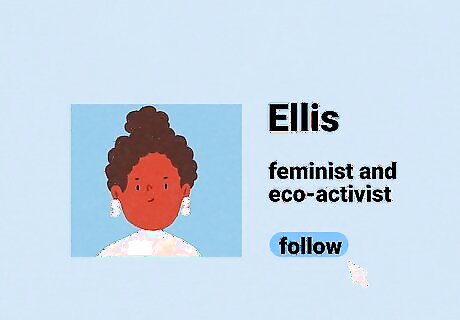
Look for people who come from a different background than you. They might be a different race or ethnicity, or practice a different religion. Having a diverse news feed can really expand your worldview, and help you expand your horizons. If you practice Judaism, you might follow Muslim or Hindu individuals on social media. If you’re white, you might follow more people of color.
Help out in your community.

Volunteering is a hands-on way to be more understanding. Look for opportunities where you can make a difference, like organizing a political rally, joining a committee at your church or house of worship, or helping at a community garden. Working as a community will help you focus on what brings everyone together, not what sets you apart as individuals. You don’t need to tackle a huge project to be active in your community. For instance, if you just went through a loss, you might join a support group, where you can meet and connect with other like-minded people in your community.


















Comments
0 comment